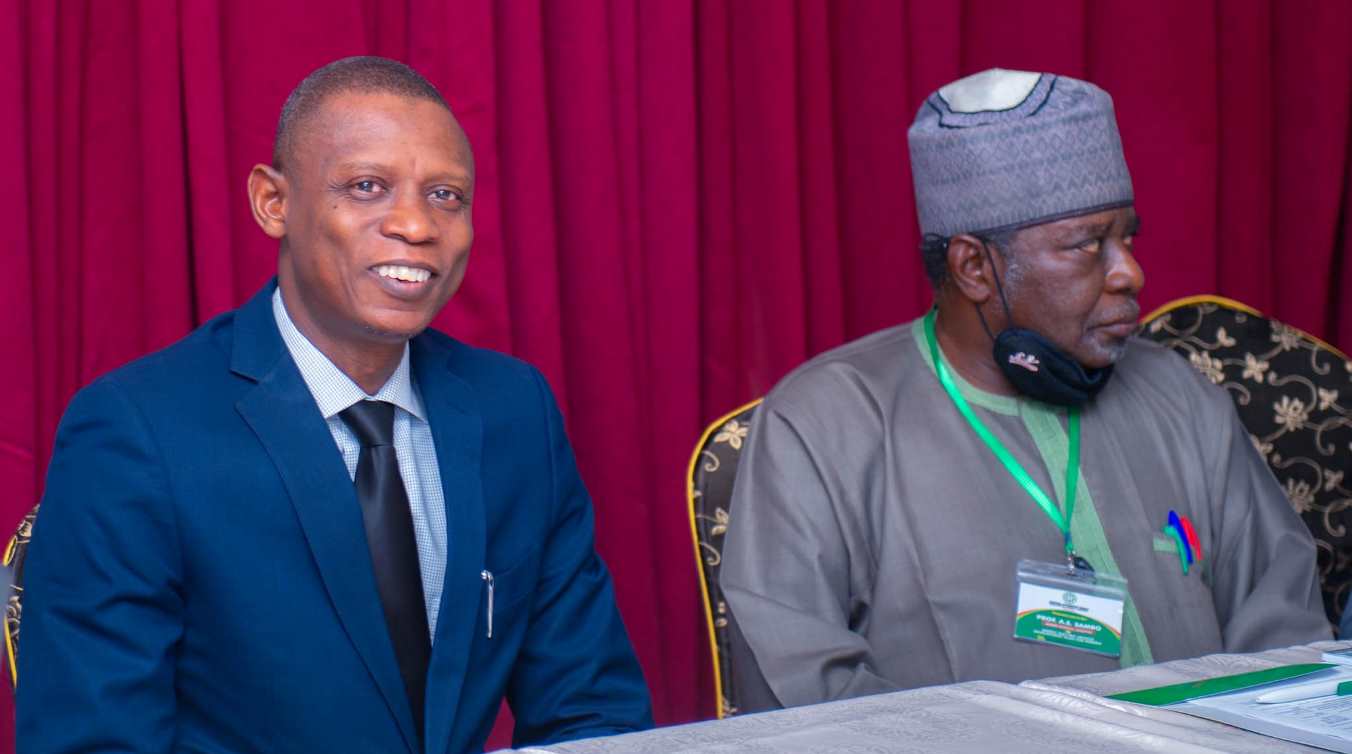
Aliyu and some members of the Technical Committee on Electric Vehicle Development Plan for Nigeria
Nigeria has started work on the blueprint for mass production and adoption of electric vehicles (EVs) with the inauguration of a technical committee on EVs development plan for the country by the Director General of the National Automotive Design and Development Council (NADDC), Jelani Aliyu.
“The committee includes EV and Renewable Energy experts from government and non-governmental bodies, the automotive sector, universities and polytechnics,” said Aliyu while inaugurating the committee this week in Abuja during a five-day workshop meant to marshal out a comprehensive development plan to encourage a massive local production of EVs in Nigeria.
Aliyu, who is also chairing the meeting, said the committee will focus on a blueprint fostered on the pillars of the Nigerian Automotive Industry Development Plan (NAIDP) that include investment promotion, infrastructure development, standards, skills development and market development.
RELATED NADDC’s Aliyu Announces Plans For Massive Production Of Electric Vehicle
Members of the Technical Committee on Electric Vehicle Development Plan For Nigeria are tasked with designing a roadmap that will enable the local production of cost-effective EVs; allow for ease of ownership by millions of Nigerians; and provisioning of a workable framework that will support establishment of effective ecosystem of charging infrastructure.
The committee will also provide an implementable plan allowing for enforcement of compliance to regulations fostered on global standards for safety and durability of all EVs produced locally.
Aliyu said the NADDC desires to leverage new trade opportunities for EVs export within the African Continental Free Trade Area (AfCFTA), “the strategic framework for delivering on Africa’s goal for inclusive and sustainable development and is a concrete manifestation of the pan-African drive.”
According to Aliyu, the final document by the committee when approved by the Federal Ministry of Industry, Trade and Investment will then then proceed for final approval by the Federal Executive Council (FEC), the country’s highest decision making body.
The NADDC had last week announced plans to increase the capacity of EVs production in the country. Aliyu, while speaking at the Nigeria Energy Summit II, organized by the Nigerian Federal Ministry of Power, in collaboration with Germany and the European Union, said the NADDC would support the provision of more EVs that are applicable to the Nigerian condition.
The NADDC boss told the audience at the summit that his agency had already “started work on an Electric Vehicle Policy, a set of fiscal incentives for both producers and buyers/users of EVs in Nigeria” as he presented his agency’s strides in developing 100% solar powered EV charging stations, located at three universities, namely: Usmanu Dan Fodio, Sokoto, University of Lagos, and University of Nigeria, Nsukka/
According to the NADDC’s boss, locating the solar powered EV charging stations within research and learning institutions has helped to bring advanced automotive related technology to the doorsteps of students as an effective technology transfer initiative.
He said Nigeria, under President Buhari, has demonstrated strong commitment to achieving the manufacturing of electric and gas-powered vehicles in line with the net-zero target by 2060.
The world can no longer afford to continue polluting the environment through the use of fossil fuel and its attendant emission of carbon dioxide, carbon monoxide and methane, said Aliyu, inventor of the highly rated Chevy Volt.
Aliyu’s presentation showcased a video of the first Nigerian assembled electric vehicle, the Hyundai Kona EV, and also that of the Jet Mover Electric Delivery Van from Indigenous Nigerian automotive company, Jet Systems Motors.
Participants at the summit drove the Hyundai Kona EV to get a feel of the vehicle’s technology.
































